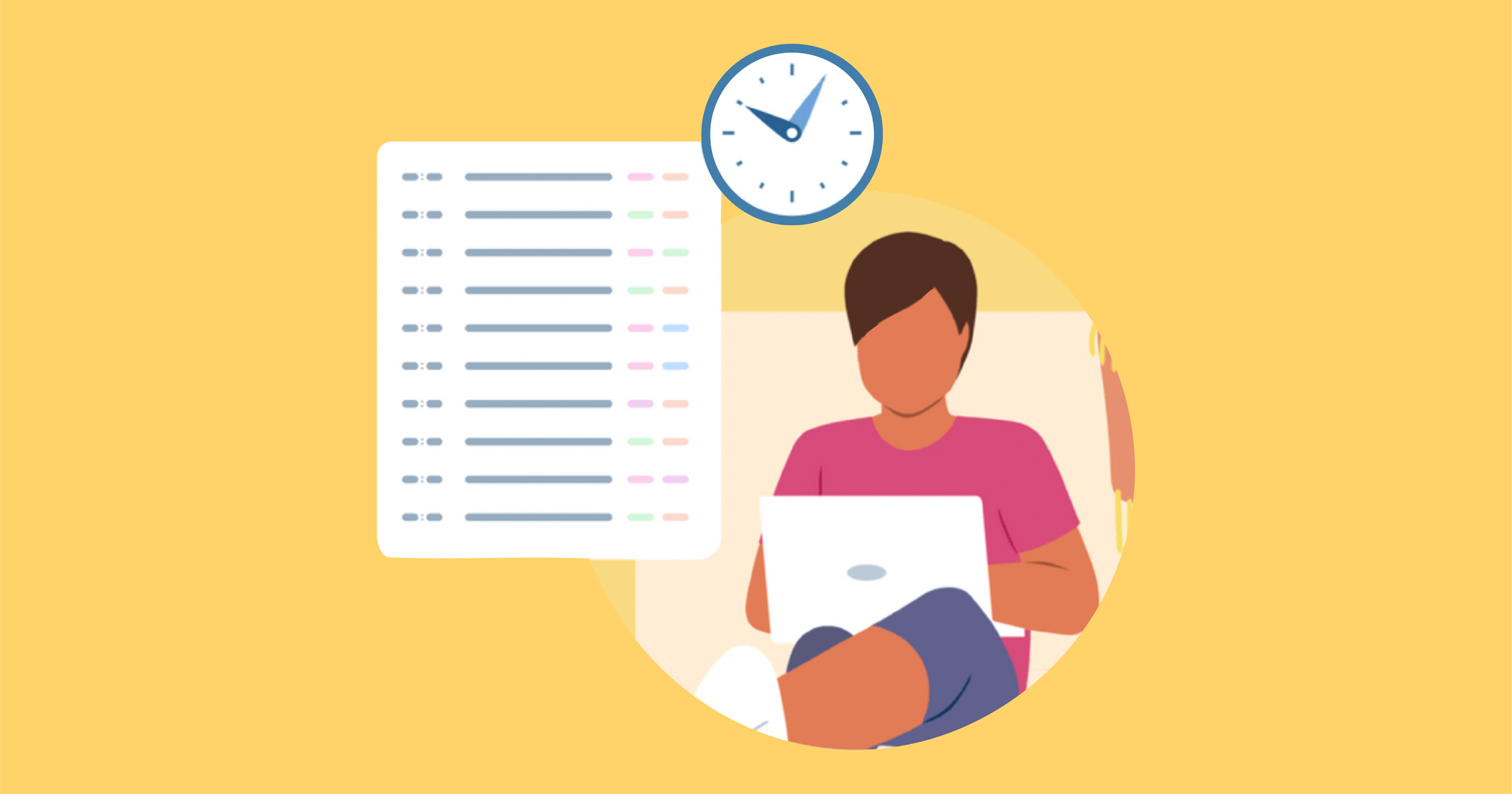How to separate work and personal life while working remotely?

Remote work can often blur the lines between work and personal life. You feel like you’re working all day without spending time with yourself and family/friends. And if you aren’t intentional about keeping your work and personal life separate, you’ll only drag yourself into this problem.
So, how to maintain a healthy work-life balance?

Here are the five tips to get started:
1. Follow a routine

While it’s tempting to work anytime you want to while working remotely, you must create a schedule you stick to consistently. Because if you don’t, you won’t feel the separation of work from personal life as you’ll be working throughout the day. It can take a toll on your body.
Start with figuring out your Biological Prime Time(BPT)—when you feel the most productive/energized. If you’re a morning person, do your work around that time. And if you’re at your peak energy levels during the night, schedule your tasks accordingly.
2. Establish a separate working area where you only work
Your brain associates place with activities. For example, if you play in the basement of your house, you’ll feel the urge to play whenever you’re near it.
But if you have a place where you do nothing but work, your brain will automatically switch the work mode on when you’re at this place. You’ll feel motivated to get tasks done without being distracted.
So, if you have the luxury of setting up a home office, do it. Enter the room at your designated working hours and leave it when done. Ensure you only have the necessary job essentials—table, laptop, chair, files, and other work materials—in that room.
But if you don’t have a separate area for a home office, create one. You can choose the kitchen/dining area as your workplace where you store your work-related items. And when you finish your day's work, tuck those away in a separate place so as not to constantly see them.
3. Set strict working/communication hours

Communicate your working hours to your colleagues to educate them about your availability. Ask them to contact/collaborate with you only during those hours. And ensure you don’t respond to non-urgent requests outside those hours.
If you’ll, you’re creating an impression that you’re available 24/7, leading to non-stop asks from colleagues for help/collaboration. And this will rob you of your personal and family/friends time.
So, set boundaries by communicating your working hours and sticking to those plans. Turn off your work-related devices (Slack/email notifications) after the communicated hours.
4. Use Technology
No matter how much you try, there will be distractions working from home: internet surfing, background noise due to family/children, or constant email notifications.
Use Technology to block these distractions to get work done in less time. Here are a few tools you can get started with:
a) Use Mailman to block emails during deep working hours, receive emails during a pre-set time, and block unknown email senders.
b) Use Krisp to cancel unwanted background noise during online meetings.
c) Use Freedom to block distracting websites/apps to focus on work.
d) Use Zapier to automate boring/repetitive tasks to spend more time on creative work.
5. Spend time with your family/friends
Don’t make work-from-home your personality and work 24/7. Instead, spend your time with family/friends. Maybe go to dinner with your parents. Or to offline events with your friends. Be intentional about these activities and do them, no matter what.
Also, spend time alone. Go to walk, engage in your hobbies, or rest to recharge yourself. These activities will help you feel more energized to get your tasks done.





